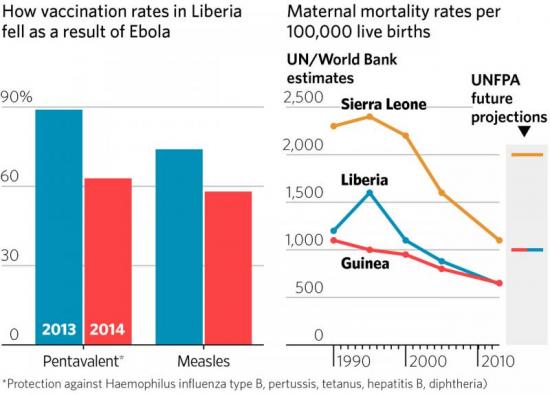You are here
Mon, 2009-03-09 11:54 — mdmcdonald
The mission of the Global Health Working Group is to explore and improve current and emerging states of health and human security worldwide.
General Topic Tags:
Problem, Solution, SitRep, or ?:
Group:
Group description:
This Working Group is focused on exploring current and emerging states of health and human security worldwide.
Group visibility:
Public - accessible to all site users
Add Content to this group
Members
| Aboubacar Conte | admin | Albert Gomez | Allan | Anthony | Carrielaj |
| Chisina Kapungu | ChrisAllen | Corey Watts | CPetry | DeannaPolk | Elhadj Drame |
| Gavin Macgregor... | Hadiatou Balde | hank_test | jranck | JSole | Kathy Gilbeaux |
| Lisa Stelly Thomas | loguest | Maeryn Obley | mdmcdonald | MDMcDonald_me_com | Mika Shimizu |
| mike kraft | njchapman | Norea | Tiaji Salaam-Blyther | tnovotny |



 submitted by Denis Gilhooly
submitted by Denis Gilhooly

 chathamhouse.org
chathamhouse.org The corpse of a patient who passed away is given back to the family for funerals after being decontaminated by the MSF teams. It was washed with chlorine solution and put it in a hermetic bag also disinfected to leave the high risk area.
The corpse of a patient who passed away is given back to the family for funerals after being decontaminated by the MSF teams. It was washed with chlorine solution and put it in a hermetic bag also disinfected to leave the high risk area.
Recent Comments